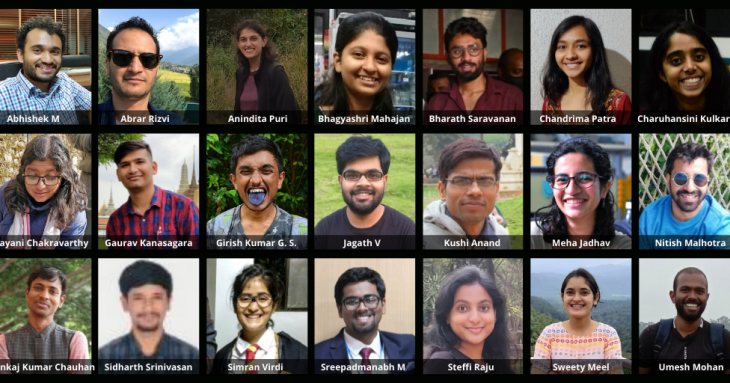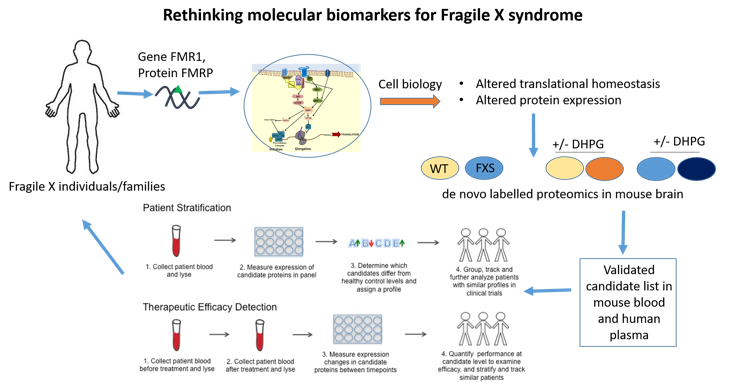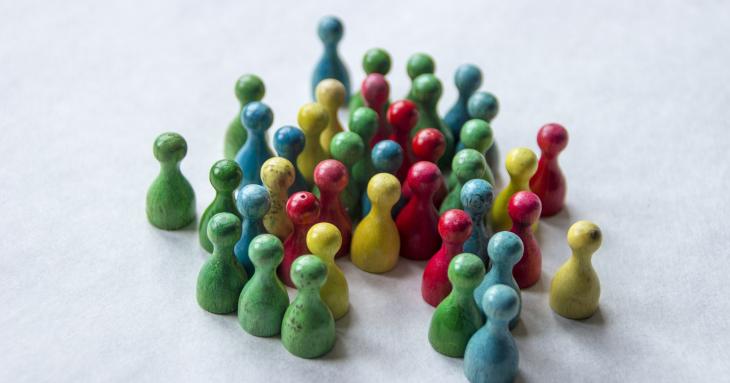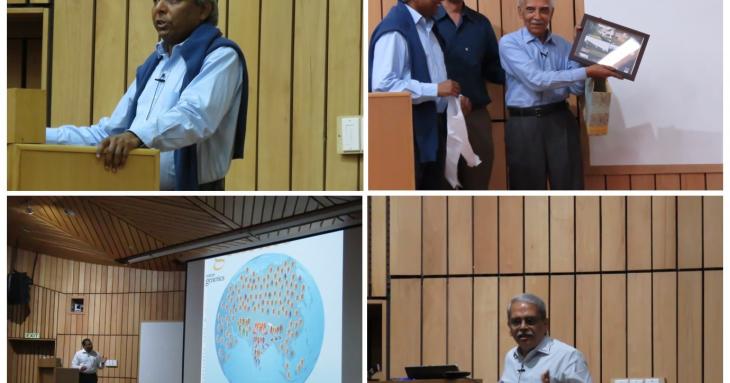-
New Early Career Researchers’ Council instituted at BLISC
The Bangalore Life Sciences Cluster (BLiSC), comprising of NCBS Bangalore, inStem and C-CAMP, has recently inducted an Early Career Researchers Council (ECRC), in a bid to involve its student, JRF and postdoc communities more actively in the day-to-day functioning of the campus.
-
Ray of Hope: Government Eases Restrictions on Indian COVID-19 Research
To prepare for such an event, several national labs are planning to chip in with the testing, Satyajit Mayor, the director of National Centre for Biological Sciences (NCBS), a DAE-funded institution in Bengaluru, told The Wire Science
-
Exhibition brings together science, art in one place
The second edition of the Lab Culture series: Tracing the Making of a Collective brings out an array of artefacts from various practitioners of arts, science, design, and history.
-
New hope in the pipeline for autistic individuals
Shashi (name changed) is an autistic eighteen year old. Today he is a calm and quiet young adult who responds when spoken to and does not have meltdowns. He is also very good at painting ,can sit for a long time while painting, and can participate in social events and community get togethers. As a two-year old, it was not so. Shashi’s nerves were always on edge and he rarely would sleep. While walking or playing, Shashi was oblivious to his surroundings and hurt himself many a time as he stumbled or hit objects around him.
-
-
A Bengaluru artist shows how plants talk to each other through the internet of fungus
The installation is one among the seven exhibits in artist Dhara Mehrotra’s latest exhibition, Through Clusters and Networks: The Wood-wide Web and Other Stories. Part of the Artist in Residence Outreach Programme at the National Centre for Biological Sciences, Bengaluru, the exhibition explores the intersection of art, science and technology.
-
This gel can protect farmers from toxic pesticides
Indian farmers usually do not wear any protective gear while spraying chemicals in fields. This exposes them to harmful toxics contained in pesticides, causing severe health impacts and even death in extreme cases. Indian scientists have now developed a protective gel to address this problem.
The gel, named poly-Oxime, has been prepared by researchers at the Institute for Stem Cell Science and Regenerative Medicine (InStem), Bangalore from a nucleophilic polymer.
-
Experiments in rats show some bad memories can be forgotten
It is believed that exaggerated response to bad memories is similar for all negative memories. A team of Indian scientists, namely, Mohammed Mostafizur Rahman, Ashutosh Shukla and Sumantra Chattarji from the National Centre for Biological Sciences (NCBS) and Institute for Stem Cell Biology and Regenerative Medicine (inSTEM) have shown that exaggerated response and difficulty to get rid of bad memories could depend on whether the bad memory was formed before or after a stressful event.
-
BLiSc Cluster organizes the Human Genetics and Disease Biology Meeting
The sequencing of human genome has raised much excitement about the possibility of understanding the blueprint of life. Further, the development of low-cost high-throughput DNA sequencing has facilitated the analysis of large numbers of human genomes and revealed the diversity in DNA sequence within and between human populations.
-
Fibrosis and scleroderma: PAI-1 protein and the immune system
On World Scleroderma Day, Dr. Colin Jamora's work on Fibrosis and Scleroderma-like illness was highlighted in Italian press











